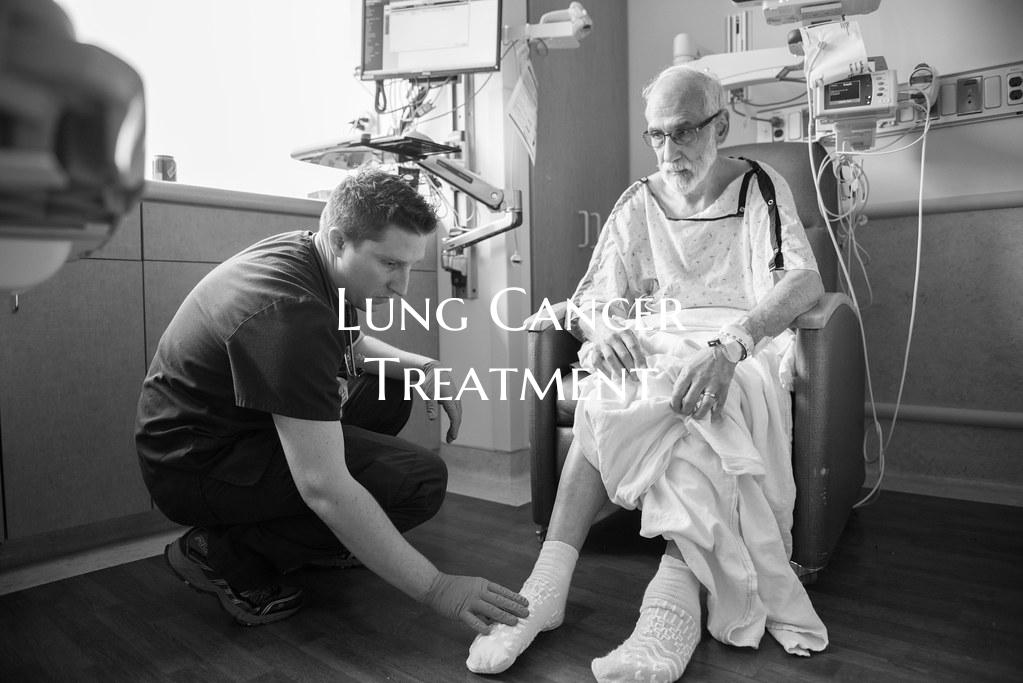
Lung Cancer Treatment
Lung cancer is a serious health condition that requires timely and effective treatment to improve outcomes and quality of life for patients. Treatment options for lung cancer vary depending on the stage of the disease, the type of lung cancer, and the overall health of the patient.
1. Surgery: Surgery is often recommended for early-stage lung cancer when the tumor is localized and has not spread to other parts of the body. During surgery, the surgeon removes the tumor along with a margin of healthy tissue to ensure that all cancer cells are eradicated. In some cases, a lobe of the lung or even the entire lung may need to be removed.
2. Chemotherapy: Chemotherapy involves the use of powerful drugs to kill cancer cells or prevent them from multiplying. It is often used in combination with surgery or radiation therapy to treat lung cancer. Chemotherapy can be administered intravenously or in pill form and may cause side effects such as nausea, hair loss, and fatigue.
3. Radiation Therapy: Radiation therapy uses high-energy rays to target and destroy cancer cells. It can be used as the primary treatment for lung cancer, especially in cases where surgery is not an option. Radiation therapy may also be used to shrink tumors before surgery or to alleviate symptoms in advanced-stage lung cancer.
4. Targeted Therapy: Targeted therapy is a type of treatment that targets specific genes, proteins, or other factors that contribute to the growth and spread of cancer cells. This precision medicine approach is used in cases where the cancer has specific genetic mutations. Targeted therapy can be more effective and less toxic than traditional chemotherapy.
5. Immunotherapy: Immunotherapy harnesses the body's immune system to fight cancer cells. It works by boosting the immune response to target and destroy cancer cells. Immunotherapy has shown promising results in the treatment of lung cancer, particularly in cases where other treatments have been unsuccessful.
6. Clinical Trials: Clinical trials are research studies that test new treatments or procedures for lung cancer. Participating in a clinical trial may offer patients access to cutting-edge treatments that are not yet widely available. It is important to discuss the possibility of participating in a clinical trial with your healthcare team.
In conclusion, the treatment of lung cancer is a complex process that requires a personalized approach based on the individual patient's specific circumstances. By working closely with a multidisciplinary team of healthcare providers, patients can receive the most appropriate and effective treatment for their lung cancer. Early detection and intervention are key to improving outcomes and enhancing the quality of life for individuals diagnosed with lung cancer.